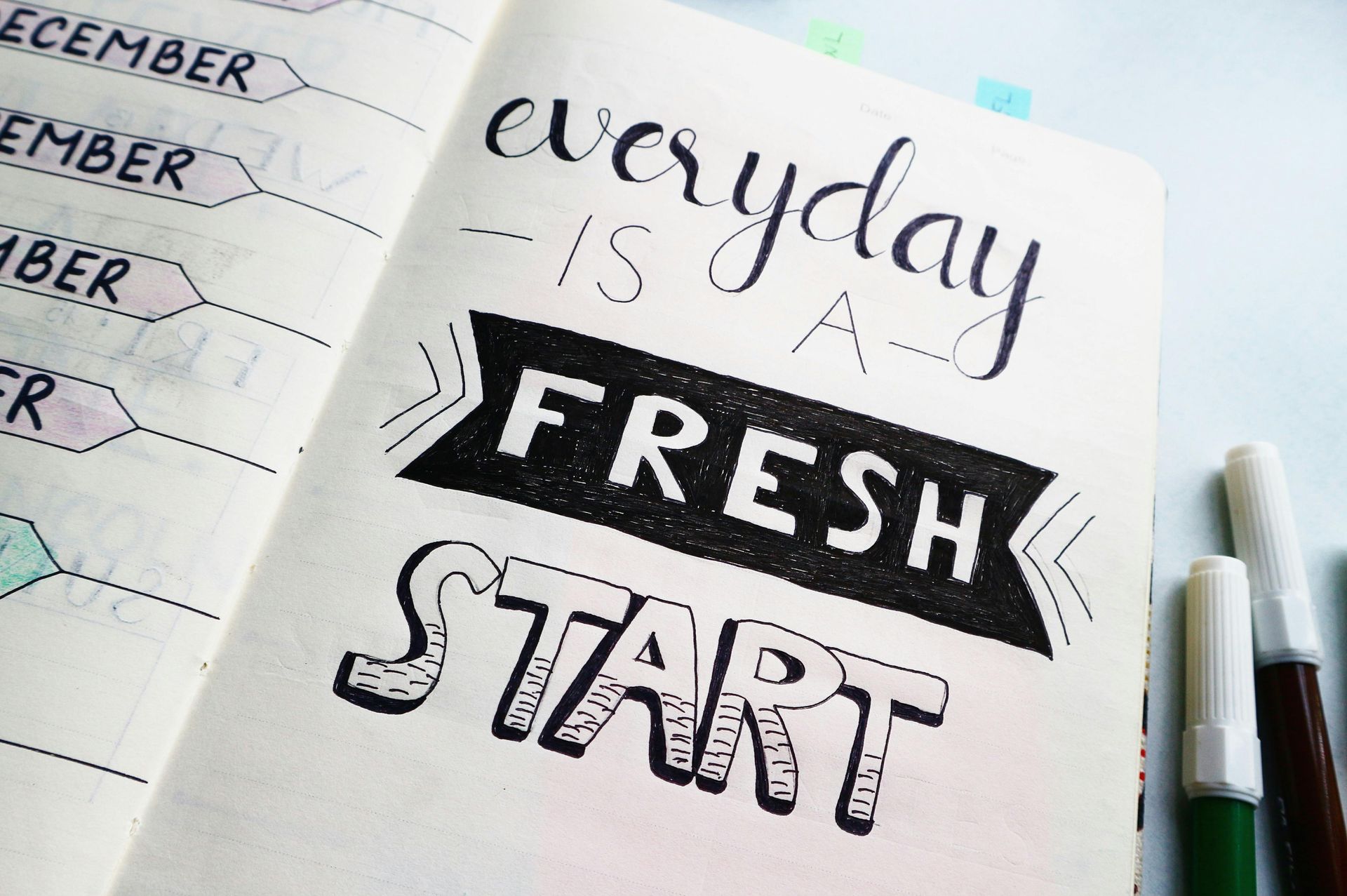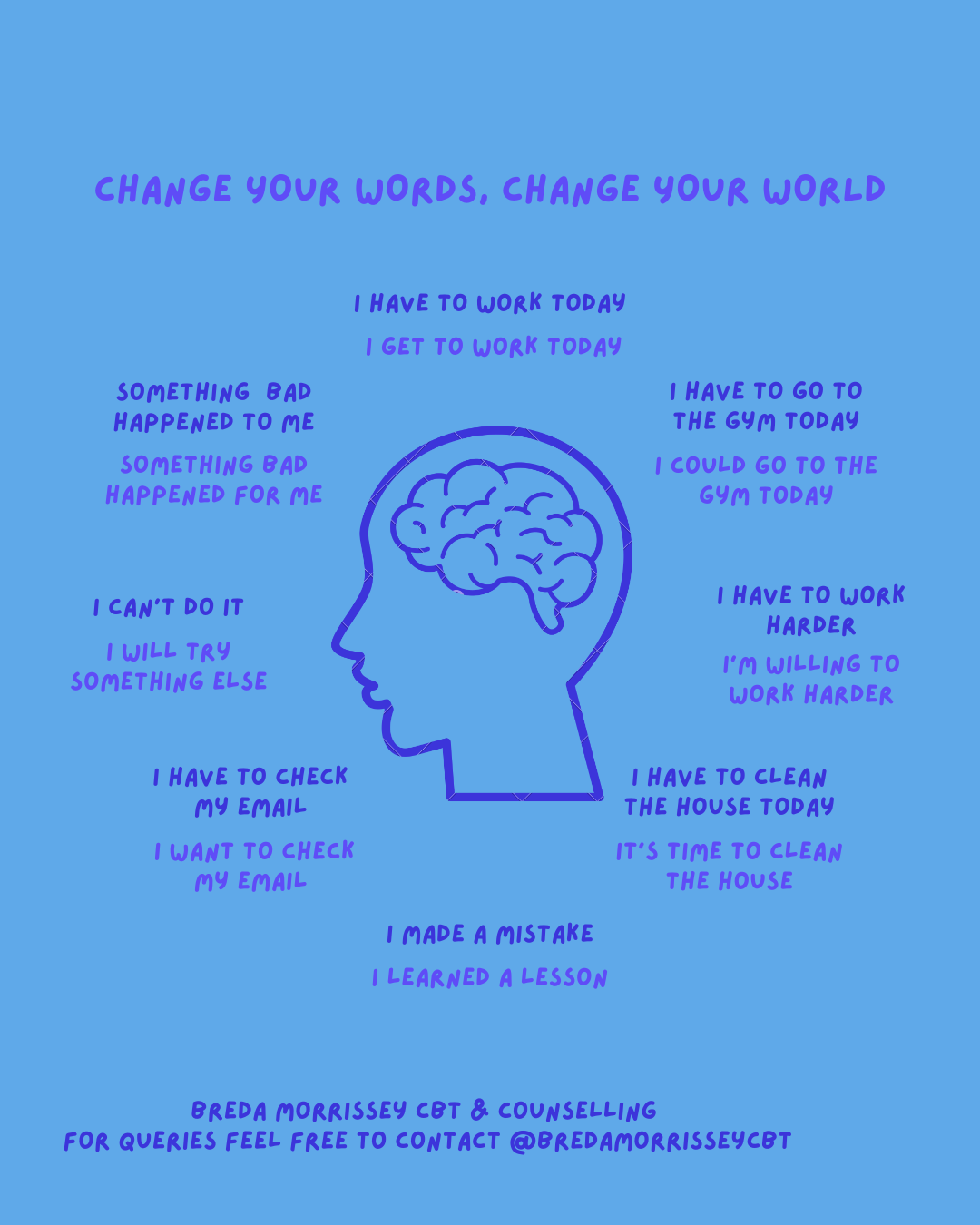“Happy families are all alike; every unhappy family is unhappy in its own way.” (Tolstoy's Anna Karenina)

Reduce time on social media
We all know that social media just shows people’s best bits. But this can be difficult – especially during Christmas time, when social feeds are full of people’s festive highlights reel. “Remember that what you see on social media is never, or very rarely, the whole story,”.
Talk about it
“The blood is thicker than water idea means that estrangement or strains in a family tends to be quite taboo,”. “People often don’t talk about it, and it leads to a sense of shame.” Remember there are “so many people going through it”, “if we spoke about it more, there’d be a huge sense of relief; once you realise that other people are going through the same things as you, it takes away the sense of shame.”
Set boundaries
If you have a difficult relationship with your family, it is possible to spend Christmas together, but you must impose strong boundaries. Make a decision before Christmas to avoid unnecessary pressure and try your best to stick to it.
This can look any number of ways: you may choose to spend the day with family but not spend the night, spend a set amount of time visiting, or going around to see family before Christmas. “It’s OK to limit visits,”. “It’s OK to leave early, it’s OK to step away. It’s OK to say no to invitations.”
Be Aware of Your Contribution to the Situation.
Thoughts influence feelings, feelings influence behaviours, and behaviours influence feelings and thoughts and vice versa for all. In other words, our feelings, thoughts, and behaviours influence and impact one another. Having negative thoughts about how the holidays will unfold, will likely bring about negative feelings and in turn you will behave in negative ways. How you think, feel and act will impact and influence those around you. Making choices about how to manage your thoughts, feelings and behaviours will make a difference in any situation.
Nothing is Perfect.
No event, no person, no family is perfect. Perfect is a description of something unattainable. A gathering or situation can have stressful moments and still be enjoyable. Aiming for perfection-everything going “right,” sets up unrealistic expectations. Take a flexible approach and embrace imperfection, it’s less stressful, I promise.
Accept Others for Who They Are.
We may not always enjoy the behaviours or attitudes of family and in-laws, but they are who they are, regardless of what you hope they can be. Accepting people for who they are can take pressure off attempts to make someone change or be different. I know it can be challenging, but really, what is the alternative? Trying to change someone else is exhausting and usually doesn’t work. Redirect your energy to accept situations and people.
Self-Awareness is Essential.
Be aware of how family and in-law dynamics impacts your mood, energy and behaviour. If you get annoyed with Aunt Liz’s political views and unsolicited parenting advice, know that you need to care for yourself. Limit interaction or conversations that could be upsetting or annoying. Likewise, it’s ok to walk away or change the subject versus falling into a battle to change someone’s mind.
Increase Self-Care. T
Making care of your physical, emotional, spiritual health are important life-long habits. When there is so much to do during the holiday season, putting self-care on the to-do list is critical. Making sure to get enough sleep, eat healthy, exercise, spend time with supportive friends and family and have fun engaged in enjoyable activities are all important self-care behaviours.
Don’t Take Things Personally.
The holidays can stir up a lot for people, from emotional upset about loved ones who are deceased, to childhood memories, or changes in one’s life you may know nothing about. When someone acts out of character or seems distant, provide support and compassion and remember it likely has nothing to do with you.
Limit Alcohol.
Time and time again, a catalyst for family discord during the holidays is related to over-consumption of alcohol. People drink for a variety of reasons; enjoyment, pleasure, habit, addiction and to cope with depression, anxiety or other mental health issues. Once alcohol starts shifting from use to abuse, there is a high potential for misunderstandings, miscommunication, and a lowering of healthy interactions, especially if there is underlying tension or conflict. Limit alcohol intake if you are feeling stressed, anxious or depressed.
Understand How You Deal with Stress.
People handle stress in different ways; some propel themselves in to do lists and completing tasks, others procrastinate until the last-minute and some escape through sleep and eating. Be aware of how you manage stress and work to include healthy strategies to deal with stress; exercise, meditation, relaxation, engaging in activities you enjoy.
Focus on Gratitude.
Throughout the holiday season, make a list of five to ten things you are grateful for. Perhaps you handled a situation in a new way that in the past would have been upsetting to you, or you enjoyed a conversation with a loved one, or you are grateful for the people in your life, whatever you are grateful for- highlight it. “I am grateful Aunt Sue read a story to Sam, so I could have a conversation longer than 30 seconds, I am grateful to see my family and friends, I am grateful for the meal we have in front of us, I am grateful for the person I have become.” Taking time to reflect on gratitude can shift stressful moments into a mindset of appreciation.
Keep a Sense of Humour.
Laughing and finding the humour in situations can be a great coping strategy at family gatherings. Try to find humour in situations. especially the scenarios you have no control over.
Wishing you and your family a very happy holiday season filled with self-care, peace and happiness











